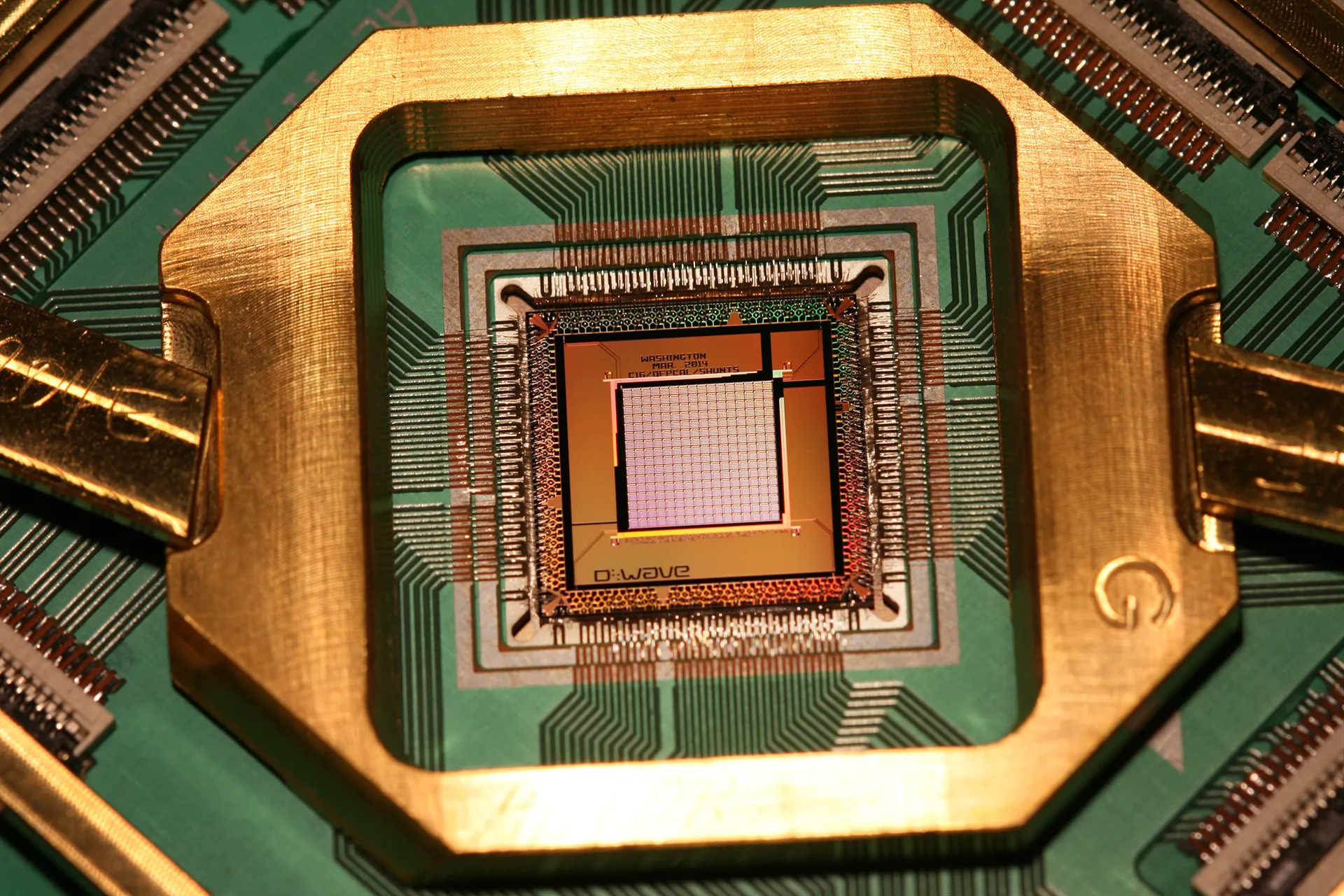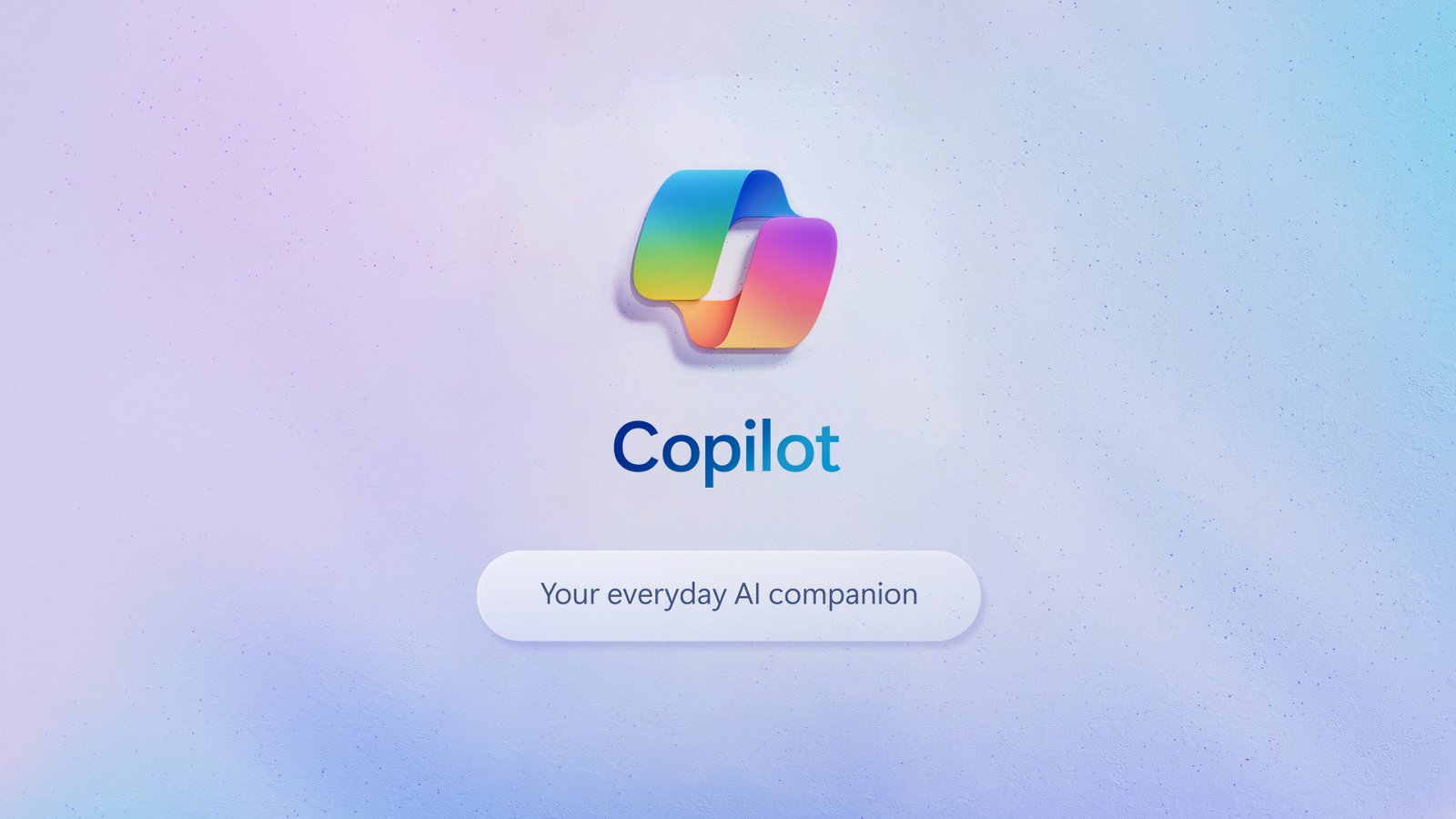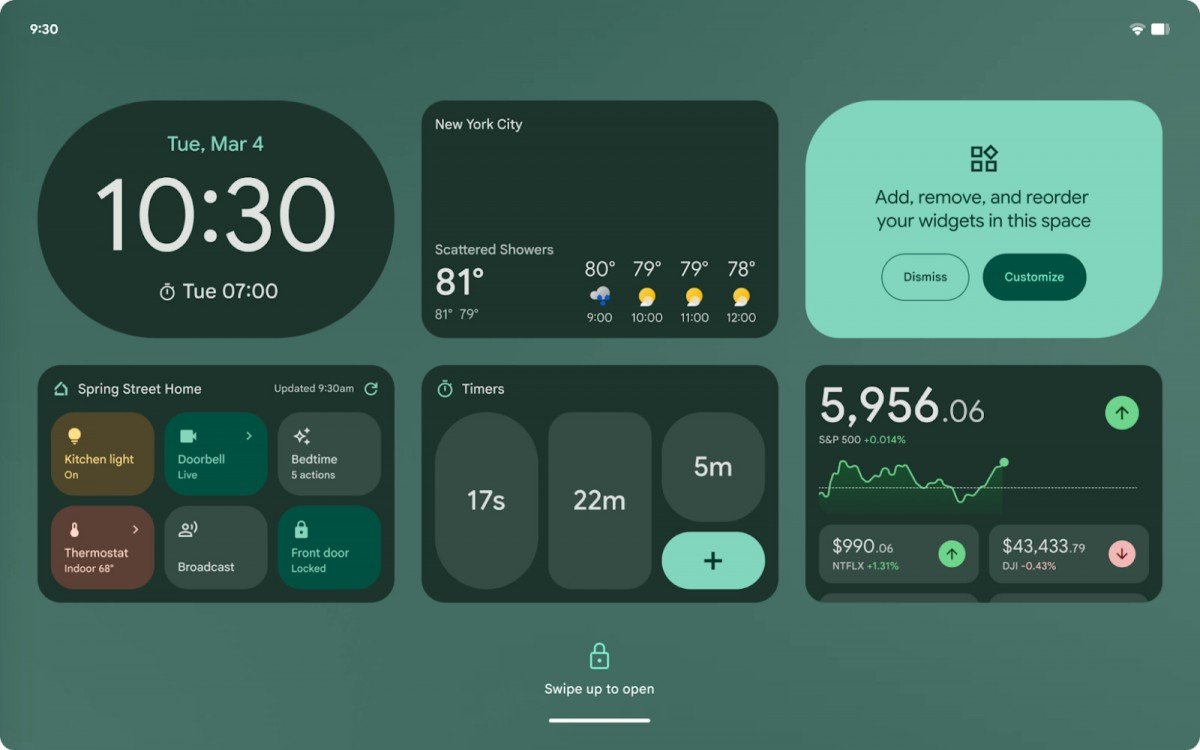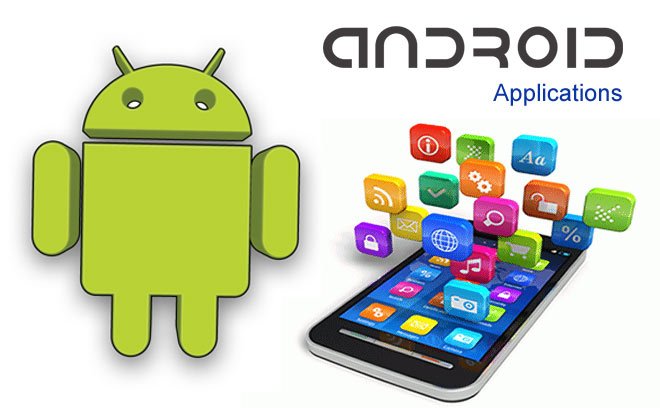WHAT IS QUBIT
A qubit (short for "quantum bit") is the fundamental unit of quantum information. It's similar to a classical bit in traditional computing, but it behaves quite differently. In classical computing, a bit can either be in a state of 0 or 1 at any given time. In quantum computing, however, a qubit can exist in a state of 0, 1, or any superposition of both. This is one of the key features that make qubits so powerful. You can think of a classical bit as a coin that is either heads (0) or tails (1). A qubit, on the other hand, is like a spinning coin that is in both heads and tails at the same time (superposition), and only when you stop the coin (measure it) does it "choose" to be either heads or tails.
Why is this important? These properties allow quantum computers to potentially solve certain problems much faster than classical computers. While classical computers process information sequentially (one bit at a time), quantum computers can process multiple possibilities simultaneously due to superposition and entanglement, potentially leading to breakthroughs in fields like cryptography, optimization, and drug discovery.
Quantum computing has the potential to revolutionize many industries including:
- Cryptography: It could break current encryption methods, but also lead to new, more secure methods of encryption.
- Drug discovery: Quantum computers could model complex molecules much more efficiently, helping researchers develop new drugs faster.
- Artificial intelligence: Quantum computing could accelerate machine learning algorithms, allowing AI to solve more complex problems.
- Optimization: It could drastically improve optimization problems, from supply chain logistics to financial portfolios.
- Essentially, qubits are a big deal because they open the door to a whole new level of computational power, which could solve problems that were previously considered unsolvable with classical computers.
Why is a qubit a big deal?
- Superposition: A qubit can represent both 0 and 1 simultaneously, thanks to superposition. This allows quantum computers to perform many calculations at once, dramatically speeding up certain types of computations.
- Entanglement: When qubits become entangled, the state of one qubit is directly linked to the state of another, no matter how far apart they are. This leads to a massive increase in processing power, as changes to one qubit can instantly affect others in the system.
- Parallelism: Superposition and entanglement enable quantum computers to process and explore many possible solutions to a problem simultaneously. This means that for certain types of problems (like factoring large numbers, simulating molecules, or optimizing complex systems), quantum computers could vastly outperform classical computers.
- Speed: While classical computers must process each possibility one at a time, quantum computers can handle multiple possibilities in parallel. This makes them particularly useful for solving problems that are currently intractable for classical machines, such as simulating the behavior of large molecules or optimizing large-scale systems.






Comments
No comments yet. Be the first to comment!
Leave a Comment